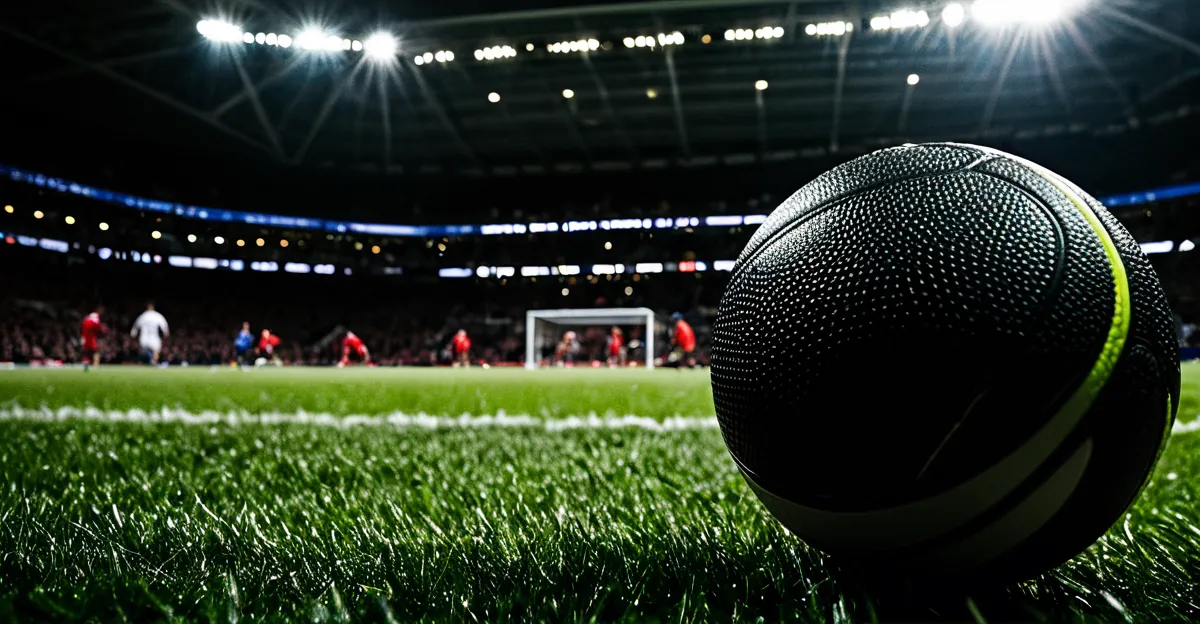Overview of Career Opportunities in the UK Sports Sector
The UK sports careers landscape offers a broad spectrum of roles that cater to various interests, from grassroots coaching to elite sports science and high-level management. The sports industry is a significant contributor to the UK economy, underpinning millions of jobs and generating substantial revenue through sport participation, events, and media.
Within this sector, job types vary widely. For example, roles in coaching, athlete development, sports management, sports science, marketing, and event management all create diverse career opportunities in sport. Current trends indicate growth areas such as digital media integration in sports marketing and increased demand for specialists in sports medicine and physiotherapy, driven by the focus on athlete health and performance enhancement.
In parallel : What Are the Untold Stories of UK Sports?
Understanding the varied sports industry roles helps job seekers identify pathways that match their skills and ambitions. Whether entering through academic routes or practical internships, the expanding landscape of career opportunities in the UK sports sector promises viable and rewarding options across multiple disciplines.
Coaching and Athlete Development Roles
Sports coaching forms a cornerstone of UK sports careers, offering diverse pathways from grassroots to elite levels. Common career opportunities in sport coaching include team coaches, individual trainers, and specialist mentors who focus on skill development and tactical improvement. Practical experience, teamed with relevant coaching qualifications, is essential to progress. National governing bodies often require certifications such as Level 2 or Level 3 coaching diplomas, which ensure coaches meet professional standards.
In the same genre : How Has Fan Engagement Evolved in UK Sports Over the Decades?
Athlete development roles complement coaching and involve designing training programmes, monitoring progress, and providing psychological support. Sports mentoring is crucial here, helping athletes navigate career challenges both on and off the field.
Employers range from local clubs and schools to professional teams and sports academies. Entry-level roles often start with community or youth coaching, while advanced positions can include head coach or development lead. The combination of experience, formal education, and networking within the sports sector significantly influences career progression. Careers in coaching and athlete development remain vital given their direct impact on performance and participation, highlighting a rewarding route within UK sports careers.
Sports Management and Administration
Diving into sports management jobs, these roles focus on planning, organising, and overseeing operations within the sports sector. Key responsibilities include managing budgets, coordinating teams, and ensuring compliance with regulatory standards. Sports administration careers often involve player contracts, sponsorship deals, and event logistics, making them central to a club or organisation’s success.
Career progression in sports business management typically requires academic credentials like degrees in sports management, business administration, or related fields. Professional qualifications and internships enhance prospects, blending theory and practical experience. Advanced roles might lead to director or general manager positions.
Major employers for sports management and administration careers include professional clubs, national governing bodies, sports associations, and event organisers. These bodies demand professionals who can adapt to the increasing commercialisation and digitisation of sport, reflecting current growth trends in the sports industry.
Understanding these core functions and required skill sets in sports management jobs helps aspiring candidates align their qualifications and ambitions with expanding career opportunities in sport. This sector remains a vital pillar supporting the overall UK sports industry landscape.
Sports Science, Medicine, and Physiotherapy
The sports science careers sector encompasses roles such as sports scientists, physiotherapists, and sports medics, all integral to enhancing athlete performance and health. Sports scientists apply physiological testing and data analysis to optimise training programmes. Typically, these roles require degrees in sports science or related fields, with professional accreditations often essential for progression.
Sports physiotherapy focuses on injury prevention, rehabilitation, and ongoing treatment. Chartered status through recognised bodies, supported by relevant clinical experience, is usually mandatory for practicing physiotherapists. These professionals work alongside coaches and medical teams to ensure athletes recover safely and maintain peak condition.
Sports medicine jobs often involve medical doctors specialising in musculoskeletal or sports-related health issues. This sector has seen notable growth driven by increased awareness of athlete welfare and advances in treatment techniques.
Employers span NHS trusts, private clinics, professional sports clubs, and national sporting organisations. Career pathways generally begin with academic qualifications followed by clinical practice or internships, progressing towards specialised roles that combine hands-on care with scientific research. This growth reflects the vital role sports science, medicine, and physiotherapy play in the UK sports industry.
Marketing, PR, and Media in Sport
Exploring sports marketing careers reveals diverse roles that blend creativity with strategic thinking. Professionals in this field promote teams, events, and athletes using traditional and digital marketing in sport channels. Crucial skills include content creation, social media management, and stakeholder engagement. Reflecting current trends, digital media is reshaping how fans interact with sport, making expertise in online platforms highly valuable.
Sports media jobs encompass broadcasting, journalism, and digital content production, focusing on delivering compelling narratives to global audiences. Meanwhile, sports PR specialists manage public perceptions, handle communications crises, and craft brand images for organisations or athletes. Strong communication skills, media savvy, and crisis management expertise are essential.
Common employers include sports clubs, media companies, marketing agencies, and event organisers. Career progression often combines academic qualifications in marketing, communications, or journalism with industry-recognised certifications. Entry points range from internships to junior content roles, advancing toward managerial positions in marketing or media strategy.
This dynamic area of the UK sports sector offers exciting career opportunities in sport for those keen on connecting fans, brands, and sporting success.







